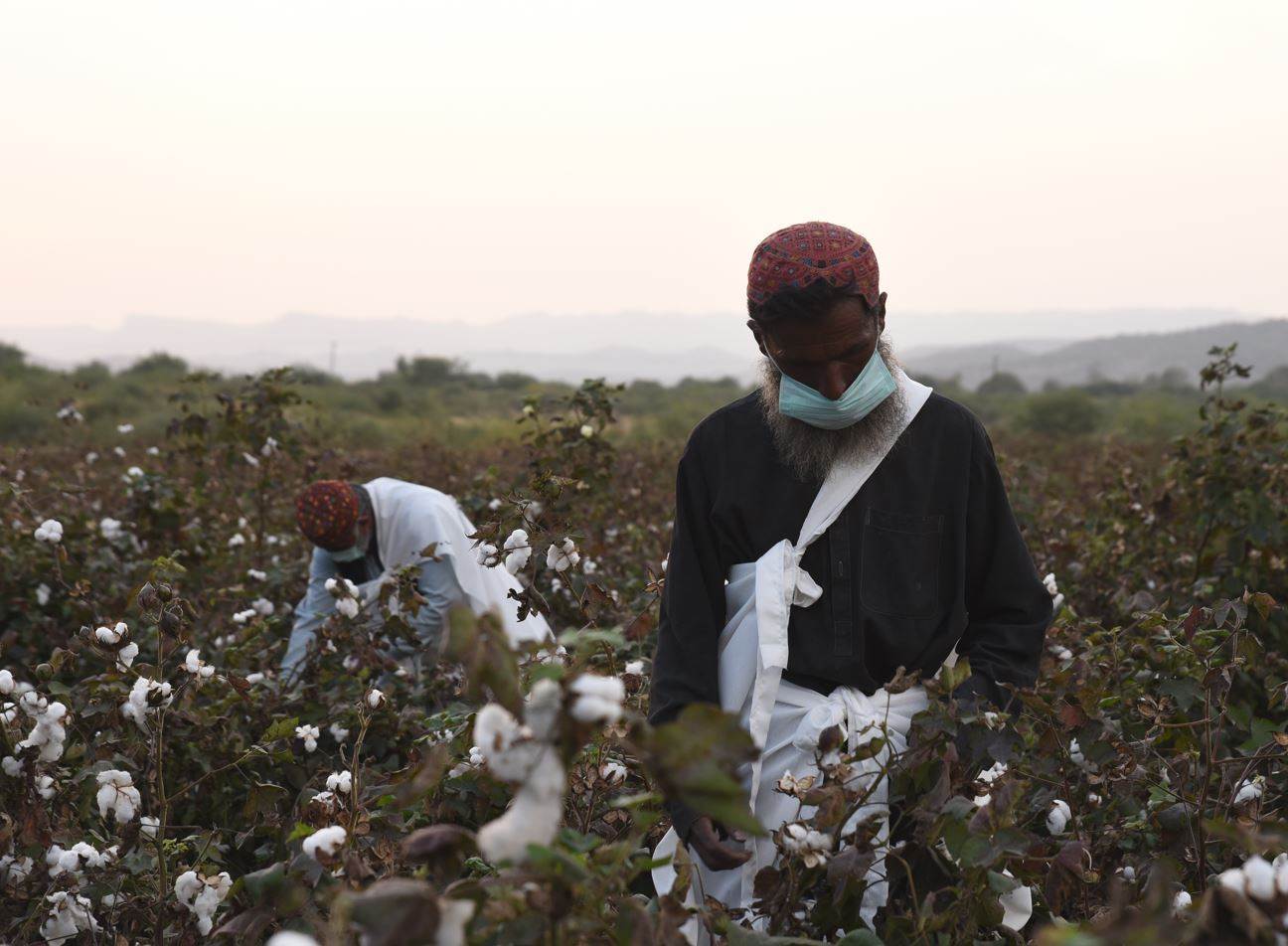Regenerative cotton has game-changing potential, says ICAC

Global cotton consumption is expected to decline in the 2024/25 season, according to the International Cotton Advisory Board (ICAC) and production will trail consumption slightly, which could make prices fall.
In 2023/24, global consumption increased by 5.7% while Brazil surpassed the US as the world’s top exporter for the first time. Specialty cotton now accounts for about 31% of global production, identity programs for 29%, and long- and extra-long staple cotton increased by 46%, mostly in Egypt, China, the USA, and India.
The body discussed this among issues at its meeting in Tashkent, Uzbekistan.
Cotton demand has generally declined in recent years while synthetic fibres have seen substantial growth due to their lower costs and greater versatility. Price volatility has also negatively impacted cotton's competitiveness. “Between geopolitical concerns, increasing environmental regulations, sustainability requirements and a booming resale and second-hand clothing market, it’s clear we are in a transformative period for the industry, with far-reaching implications for future fibre demand and market trends,” said ICAC.
ICAC also said regenerative cotton farming has “significant, if not game-changing”, potential for capturing and storing carbon to mitigate climate change.
Genetics, genomics, and breeding can address the challenges posed by climate change in cotton production, it added.
However, legislation in multiple regions could have a negative impact on cotton and other natural fibres, it warned.
“The Make the Label Count campaign is a crucial initiative to address these issues and promote the sustainability and social benefits of natural fiber production, including cotton,” it said. “The ICAC has taken a leadership position in the effort to ensure cotton has a level playing field and is working closely with industry allies and stakeholders to ensure natural fibres are treated accurately in any new regulations.”
Several denim mills have launched regenerative cotton initiatives in the countries where they are based, including Pakistani mill and manufacturer AFM (pictured).
Photo credit: AFM










